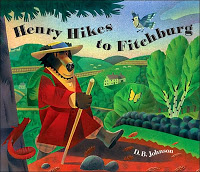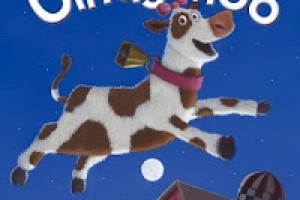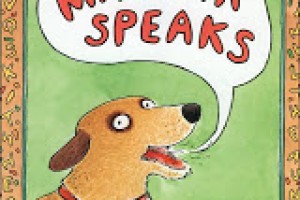 As a student at Boston University, D. B. Johnson read Walden for the first time and became fascinated with Thoreau’s guide to simple living. Today, he reads Walden continuously, opening the book to random passages. Thoreau’s paradoxical thinking appeals to Johnson. “He takes the most outrageous things and makes them true,” Johnson says.
As a student at Boston University, D. B. Johnson read Walden for the first time and became fascinated with Thoreau’s guide to simple living. Today, he reads Walden continuously, opening the book to random passages. Thoreau’s paradoxical thinking appeals to Johnson. “He takes the most outrageous things and makes them true,” Johnson says.For instance, according to Thoreau, walking to Fitchburg will take less time than taking the train. Johnson began work on a manuscript that he titled Mr. Thoreau Takes a Walk. He wanted to cast Thoreau as an animal because animals are accessible to children and would tie-in to Thoreau and Johnson’s love of nature. Johnson also knew that Thoreau’s contemporaries thought of him as a magnanimous fox and a philosophical woodchuck. But the story didn’t coalesce until Johnson drew his Henry character as a bear. Renaming the story Henry Hikes to Fitchburg (Houghton Mifflin, 2000), Johnson trusted his new character to lead the way. “The stories come into my head,” says Johnson, “but Henry tells me what happens next.” [Read more of D.B. Johnson’s profile.]







Leave a Reply
Your email is safe with me.